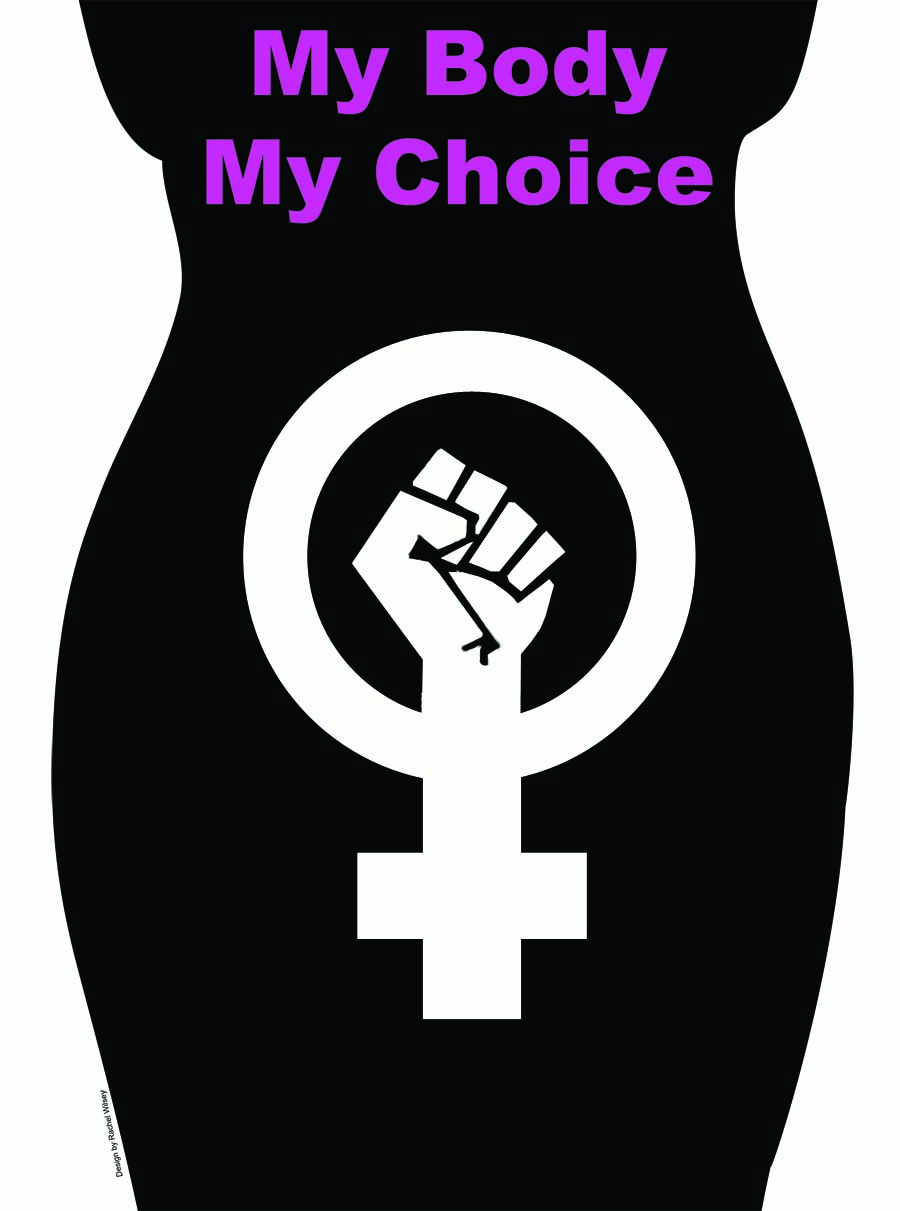Operating under the assumption that a human fetus does have personhood, Rachel broke down four primary arguments surrounding the issue of a woman’s control over her own body in terms of her right to an abortion

On October 8th, Rachel Crawford, a biopsychology and cognitive neuroscience major and president of the U of M Students for Life organization, presented her opinions and philosophical understanding about the ongoing debate concerning the extent of sovereignty a woman has over her own body in the case of abortion.
Operating under the assumption that a human fetus does have personhood, Rachel broke down four primary arguments surrounding the issue of a woman’s control over her own body in terms of her right to an abortion: the sovereign zone argument, the right to refuse, the legal right to refuse in the case of rape, and the issue of de facto guardianship.
Rachel argued that the sovereign zone argument stated that a woman is a sort of “queen of her body” and, like a monarch, can do whatever she wants to what lies within her domain. This philosophy, Rachel argued, raises concerns about the extent to which a woman can inflict damage upon her fetus. While adamantly stating that no sane woman would do this, Rachel argued that it is conceivable that, operating under this definition, a woman could intentionally cause birth defects, perform sex-selective abortions, and so on.
The rest of the talk went on in this manner, consisting of breaking down each of her four points of contention into components and arguing either side of the issue. Almost every point was accompanied by a thought experiment to help the viewer digest what was fundamentally being called into question.
One such thought experiment was the “cabin in the blizzard” analogy, where a woman is trapped in a cabin for nine months with a newborn child that is not hers. The thought experiment steadily escalates in severity, from calling into question if a woman has a moral responsibility to feed a child from a bottle for nine months, to breastfeed it for nine months, to being given the option to kill the child to instantly end the nine month long blizzard. Rachel used this thought experiment to ask the audience to ponder a woman’s responsibility to a fetus in the case of sexual assault.
After the presentation, several audience members asked questions. An interesting one was brought up by a gentleman who argued that a fetus should be protected because it is inherently human and (according to him) under socratic logic, it is thus beautiful and thus something to be protected. Rachel agreed that it was an interesting way to think about the debate and went on to explain that many scholars believe thus, although, since this discussion was less morally focused, she would not delve into great detail about it.
The entire lecture will be posted on the Students for Life Facebook page before the start of fall break.